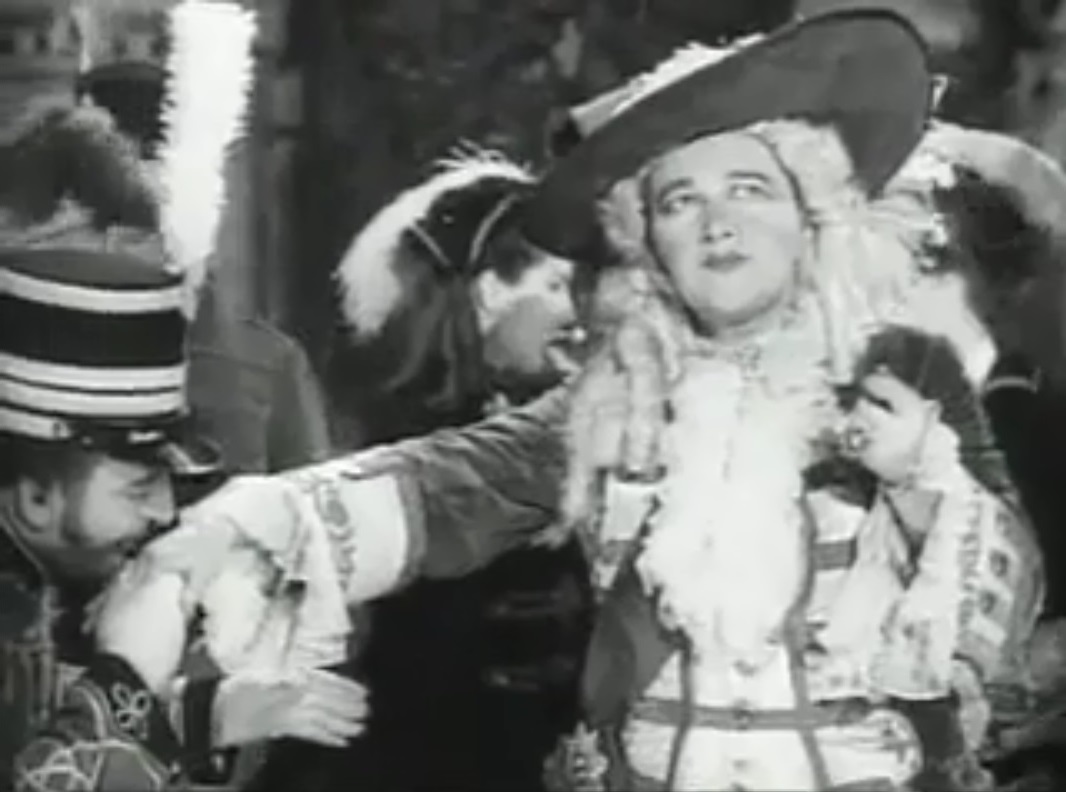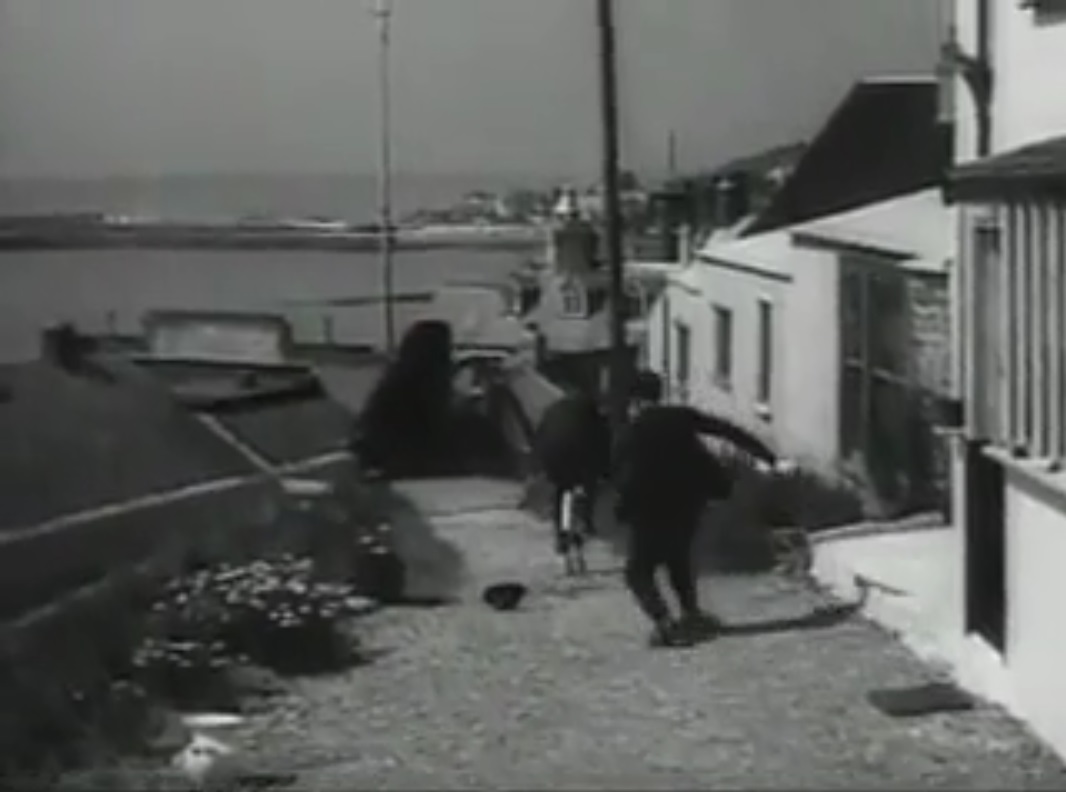All Over The Town

The Tormouth District Clarion, a weekly seaside
newspaper. An amateur orchestra overlooking the quay. The Tormouth Amateur Opera
Society, a major study in its own right. A “many
and various” businessman on the town council, “I’m not gonna let any tuppenny tinpot newspaper stand in the way of progress,” he
has plans he does, “progress with taste, that’s my motto!” The surveyor’s original plans,
rejected under the sway of taste with progress, “Mr. Wainer,”
the surveyor now retired from civic duties, “you’re a Tormouth man, aren’t
you.”
“Born and
bred here.”
“You want
to see the whole harbour front turned into a
funfair?”
“No.” Before Lindsay Anderson’s Wakefield Express, after Josef von Sternberg’s The Town, a particularly close and fine
study of Frank Capra’s It’s a
Wonderful Life and Mr. Smith Goes to
Washington (cf. Asquith’s Carrington V.C. on Riding High and Broadway Bill). Ken Russell recalls the opening and all the rest of it in French Dressing. Back from the service
and its “coarsening” effect, the reporter whose opened eyes and
thrifty savings land him the editorship.
The staff of the
paper turn out to stop the editor at the behest of his business partner, in
cahoots with the tastefully progressive councillor who has plans of his own for
the town and a loin-thick finger in several pies. The
girl who kept the reporter’s “place warm” during his RAF days
found the job a “dreary” one and longs to leave such backwaters for
“an adventure”. The harbour
wants dredging, “I heard you were closed down.”
“Not on
your life we’re not! Who said so?”
“Well, that
seems to be the impression in the town.”
“Enemy
propaganda, that’s what!” The bum’s
rush for progressively tasteful right out of the works, “I’ll tell
you what’s madness, fighting a war for freedom
of speech, and then putting a muzzle on yourself in your own town.” A
breakdown at the crux, an old press for printing in the emergency, “Caxton bought her secondhand,” Anderson recalls the
uncovering of it in the final scenes of If....,
patently, “nobody cares who
runs this town, as long as they get a few cheap laughs and no responsibilities... I give you a toast—to the dear, dear land we leave
behind us, home of democracy...”
“We’ve pranged
‘em, Nat... we di’n’t ‘alf slosh ‘em!” A director of especial skill and ability, screenplay
by himself and Michael Gordon from the novel, settings Frederick Pusey, cinematography Pennington Richards, score Temple Abady with the Royal Philharmonic, produced by Ian
Dalrymple.
H.H.T of the New York Times, “slow,
dogmatic”. TV
Guide, “nothing more than a pleasant story.” Bruce
Eder (All Movie
Guide), “packs even more punch than it did following World War II,
because so many of the points that it makes about truth and freedom are still
being fought over 70 years later.” Halliwell’s Film Guide,
“fresh, agreeable”.

Green Grow the Rushes
The people of
Anderida Marsh, who derive their ancient liberties from Henry III, fall under
the sway of the Ministry of Agriculture and Fisheries, a subcommission thereof.
Low country,
“seized from the sea”.
The finer points
of law at issue, bottomry, salvage and so forth, are scarcely set out before
swallowed up in the larger concern, smuggling.
So much arable
land untilled, whilst Napoleon brandy is snuck in by trawler, for the last
time.
“These
people don’t deserve to be governed,” says a subcommissioner
in disgust.
Rather
exquisitely filmed, with bright gags, badly received because about ten years
ahead of its time.
The rather odd
nature of this has famously eluded reviewers. not that it takes much but there
you are.